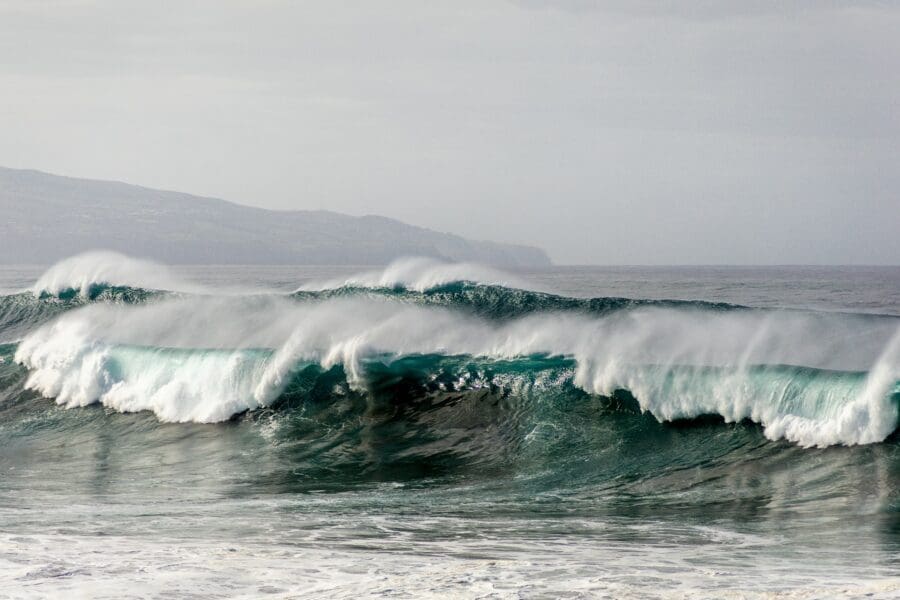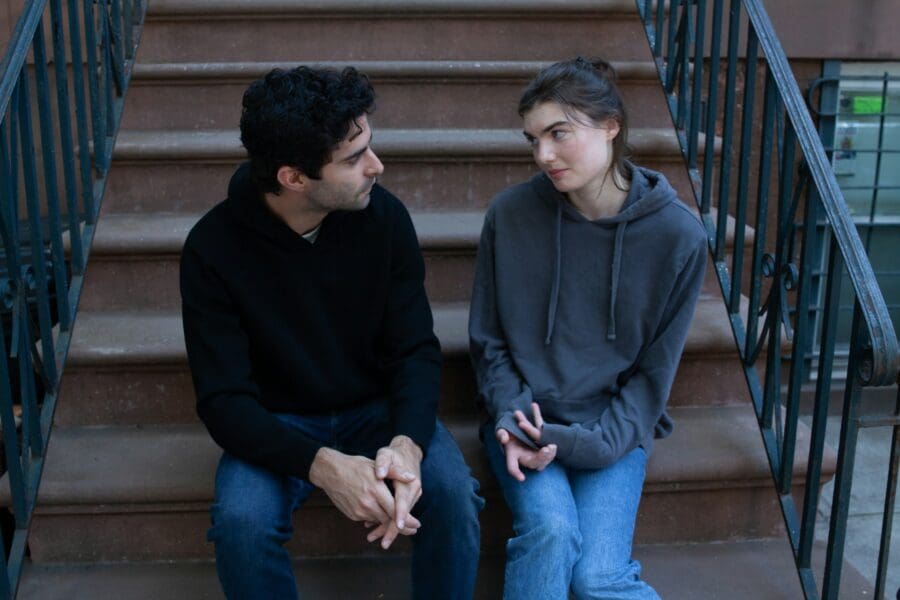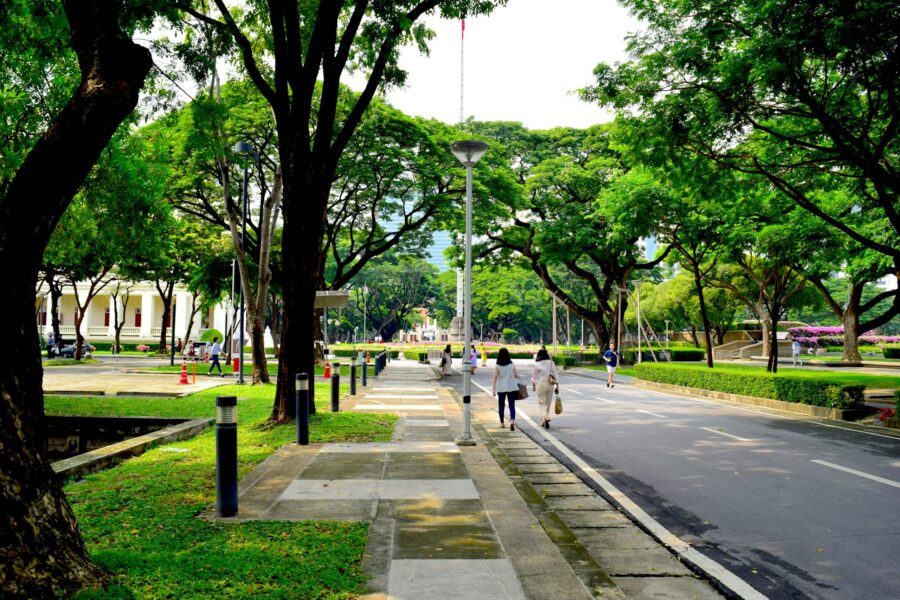Friendship is one of the biggest positive aspects of life as a human being. It can bring great joy, love and closeness with others when we connect to another person on a deeper level. That also means that when we experience the loss of a friend, that high level of love, joy and closeness can turn into an unimaginable level of despair, sadness and grief. The loss of someone you connect with on a deep level can have serious effects on your mental well-being, and produce a ripple effect that begins to slowly spread through the other connections that you have.
What is the ripple effect?
There is no real central definition of the ripple effect because it encumbers a variety of different areas and affects people differently when they lose a friend who was close to them.
Notably, however, some of the things that can be affected when someone experiences a loss can be:
- Change of interpersonal relationships
- Loss of personal significance
- Loss of confidence
- Fear of the future
Change of interpersonal relationships
People who have experienced the loss of a friend can have their other relationships affected negatively. Sometimes this is because they are the only ones who have experienced something traumatic, and their other friends don’t yet understand that level of grief. Sometimes this can also affect family members as well if the person, often teens, doesn’t feel that they are getting enough emotional support from others.
Loss of personal significance
Losing someone dear to you like a best friend is shattering, and it can make you feel incredibly alone. Losing that person can make you feel like your ‘other half’ is gone, and as such you feel like you are no longer significant to any one person anymore. This can have an increased effect on grieving when you are feeling as if there’s no one else who values you as they do.
Loss of confidence
Like losing your sense of personal significance, losing confidence is another ripple effect that can be seen by others when you lose a friend. You are now lacking the support you had before, your confidante and the person who was always cheering you on. Suddenly having to do the cheering for yourself can be tough, because you had relied on them before to be behind you for that extra confidence boost.
Fear of the future
This can happen when you lose anyone, but when you lose someone that you loved like a dear friend, you can begin to see your life as unpredictable, and begin to fear things like illness, accidents and untimely death yourself. This is because when you lose someone, you begin to notice the subtle things that you had taken for granted in the past, whether it was moments missed or opportunities not taken – leaving you feeling afraid of not taking advantage of every moment you can.
The bottom line
Losing someone is incredibly hard on anyone, and losing a friend that you have connected with is no different. When you lose a friend with whom you have chosen to develop a deep relationship, the loss can create waves throughout your entire life – but it’s important to remember that there is support out there to help you through this period of grieving. You can reach out to other friends, families, counselors or local support groups to help you navigate your feelings learn ways to cope, and be supported while you heal. You will always miss them, but you will begin to feel whole again with time and support.








Leave a Comment